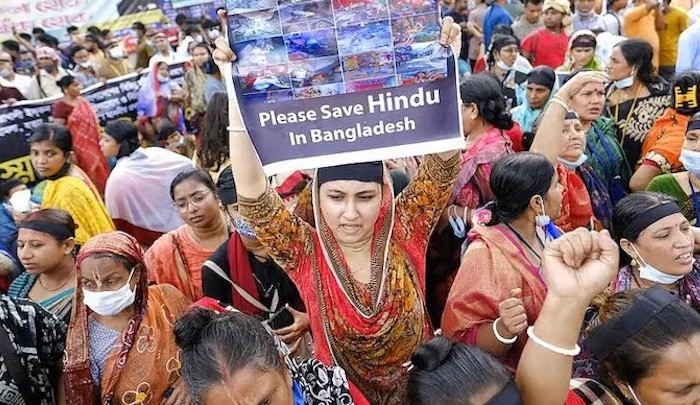India: Muslim leader calls for punishment of girl over criticism of Muhammad
- Mahamunimodi Team
- May 19
- 2 min read

Waris Pathan, a prominent leader of the All India Majlis-e-Ittehadul Muslimeen (AIMIM) and a former Member of the Legislative Assembly (MLA) from Byculla, Mumbai, stirred controversy by demanding strict action against a social media user for allegedly making derogatory remarks against the Prophet Muhammad (Peace Be Upon Him). The video in question, which quickly went viral, featured a young woman identified by the handle @Sharmishta__19, making statements that many from the Muslim community deemed offensive and deeply disrespectful.
Reacting to the video, Waris Pathan took to the social media platform X (formerly known as Twitter) to publicly condemn the comments. In his post, he stated unequivocally, “This person @Sharmishta__19 has used very abusive words about our Prophet (PBUH) which no Muslim will tolerate.” The phrase underscores the deep reverence with which the Prophet is regarded in Islam and reflects the sensitivities surrounding public discourse on religious figures in the country.
Further intensifying his stance, Pathan tagged the official handle of the Union Home Minister’s office, urging the government to take immediate and stringent action. He accused the girl of attempting to spread communal hatred through her words and called for her to be punished under relevant sections of the Indian Penal Code. His post was widely shared among his followers and drew both support and criticism, sparking a broader debate about freedom of expression, religious sentiments, and the limits of online speech in India.
This incident is not isolated. In recent years, India has seen several instances where social media posts touching on religious themes—particularly involving revered figures like Prophet Muhammad—have led to significant public backlash, protests, and even legal action. Indian law, under sections such as 295A (deliberate and malicious acts intended to outrage religious feelings) and 153A (promoting enmity between different groups on grounds of religion), has provisions to act against such speech, though their application remains controversial and often politicized.
Waris Pathan’s reaction is consistent with AIMIM’s broader political positioning. The party, led by Asaduddin Owaisi, often speaks vocally on matters concerning the dignity, rights, and representation of the Muslim community in India. Pathan himself has a history of making bold public statements that draw sharp media attention, and his interventions often spark larger conversations about minority rights and secularism in the country.
At the heart of this episode lies the fragile balance between protecting religious sentiments and upholding free expression. In a diverse and pluralistic society like India, maintaining this balance is both vital and deeply challenging. While calls for accountability over offensive remarks are understandable in a faith-driven society, critics argue that such reactions should be tempered with a commitment to civil discourse, due process, and the values enshrined in the Constitution.
This event is another reminder of how volatile and powerful digital platforms have become in shaping social discourse—especially when religion, identity, and politics intersect.



Comments